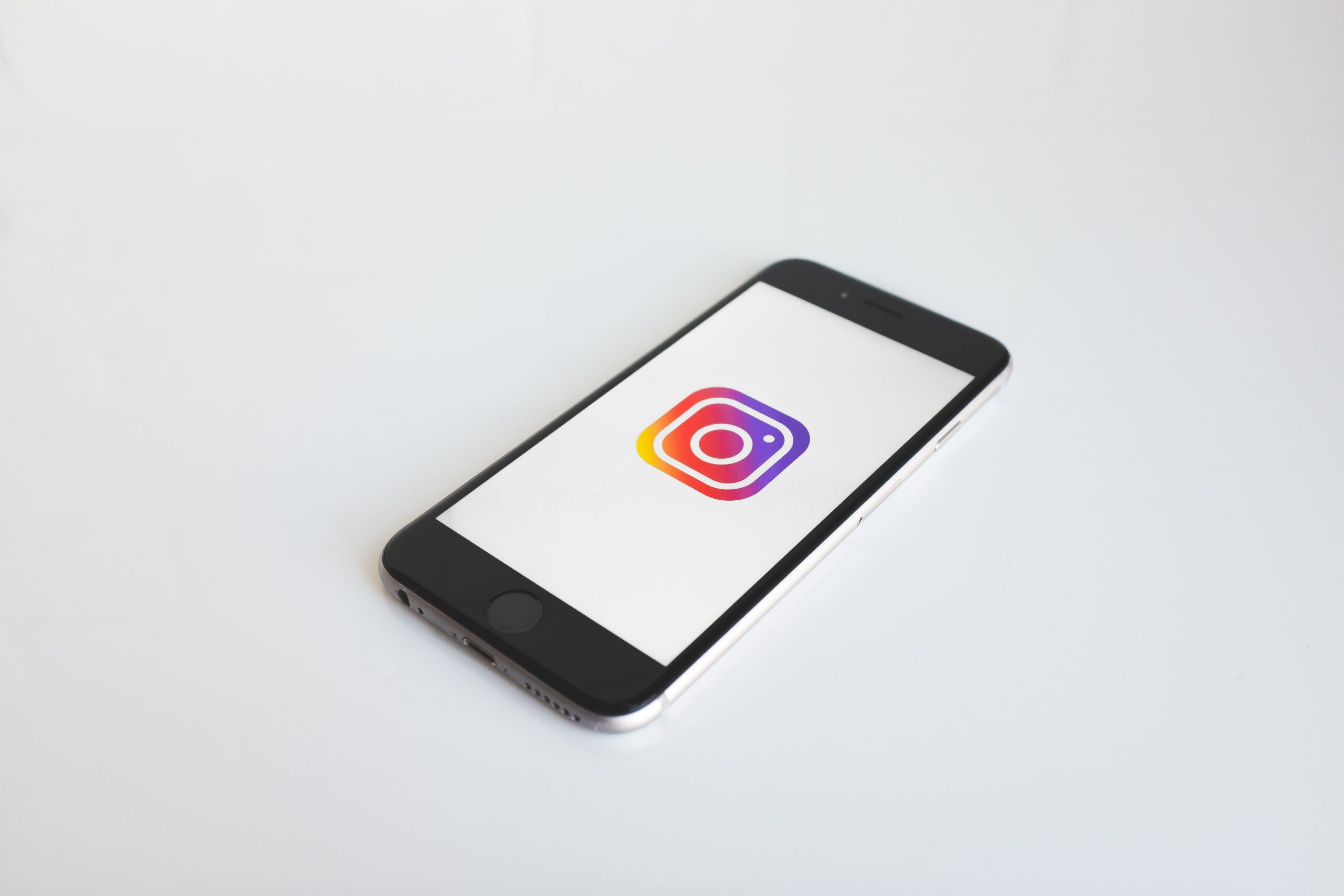
25 Sep Why I’m Happy Instagram Is Hiding Likes
Posted at 23:57h
in Psychology
It’s finally happening.
We’re finally moving away from the toxic trend of quantifying our worth with the number of likes, shares, and comments on our pictures. We have been riding down a dangerous road where self-doubt, envy, and competition were social media’s currency. With all to be lost and a few bucks in sold weight-loss teas to be gained. Influencers were in a race for the best-photoshopped picture, craftiest caption, and the highest number of followers and brand collabs. Users have been whisked into a toxic envy-cycle looking for the next big thing to follow and strive to be a part of.
It hasn’t been pretty, but there’s a light at the end of the tunnel. Instagram is finally testing ways to improve our collective mental health and I couldn’t be more psyched about it.
I myself follow some influencers in the fields of healthy living and travel — hearting cool nutrition tips, travel inspiration, and fun content. It’s a great time killer while commuting between destinations and I’ve really benefited from some stuff that I’ve seen and read!
Lately, I’ve also seen a reduction in genuinely authentic posts. Pictures these days are boasting landscapes or details that serve the sole purpose of getting likes rather than tell a story or spark creativity.
Heck, I’m guilty of counting likes too. I’ll take a cool picture, apply some feature-enhancing filters, be really proud of the result, and post it for the world to see… only to sometimes go as far as to take it down a couple hours later because it didn’t receive enough likes. I may have liked the picture a ton to begin with, but the tyranny of the majority will dictate if I’ll still like it later on. I’m so influenced by what other people think to the point of removing a piece of content.
Moreover, the number of likes on my social media posts have the power to influence my mood. Did my crush like the picture? Do my friends think I’m cool as a result of that picture? I’ll genuinely be on Cloud 9 if my post receives a ton of comments and likes, while I’ll be down in the dumps for a few minutes if it doesn’t perform so well.
This being said, if my feed is dictated by what my audience approves of, is it actually my feed or a tailored profile of socially acceptable content? Yeah, I’d say so too.
Anyway, back to the point.
One day, I open my Instagram as I sip my morning coffee and see that the number of likes had disappeared from under the pictures populating my feed. For a moment, I thought someone slipped something into my drink. Then, I consulted with Google and found out my Italian Instagram account as part of the test group for its new feature. I then proceed to reflect on what it would mean for society.
Earlier this year, Instagram had tested this new feature in Canada. It involved hiding the like count from viewers while letting the post’s creator still see the number and names of everyone who hearted their post. This way, users can still test out what works or not with their audience, without the added competition.
Since then, Instagram expanded the experiment to include 6 more countries:
We’re currently running a test that hides the total number of likes and video views for some people in the following countries:
✅ Australia
✅ Brazil
✅ Canada
✅ Ireland
✅ Italy
✅ Japan
✅ New Zealand pic.twitter.com/2OdzpIUBka— Instagram (@instagram) July 17, 2019
Instagram’s new objective is to shift the platform’s focus back to being a hub for self-expression and creativity rather than a popularity contest. This is noticeable through some aesthetic changes. For example, users’ profiles have been redesigned to make the follower count much less prominent, and even though likes will still impact the platform’s algorithm and how a post ranks in the feed, influencers will likely start posting more authentic content.
To add on to the excitement, Instagram head Adam Mosseri recently announced that Instagram users can now report a suspicious post and have a certified U.S. fact-checker scan it for fake news to prevent the spread of misinformation:
https://twitter.com/mosseri/status/1162056161853448193
All these changes are designed to bring us back to reality (no more fake news, thank you!) and relieve us from the pressure of having to project a life we’re not living to prove we’re happy, healthy, and wealthy.
Companies are realizing that these changes are not just positive for users, they’re also good for business. Social media have been under fire lately for being negative for mental health and for promoting the spread of misinformation. This has pushed many users to either stop logging o into their accounts or to delete them altogether. After all, if the platforms aren’t seen as positive places, users won’t be inclined to fork over their time and data to them.
Instagram’s initiative will hopefully improve social media’s original use: platforms on which users can connect, express themselves, and keep in touch with loved ones.
Say goodbye to likes and hello to mental health! Now, shall we roll this feature out globally?

